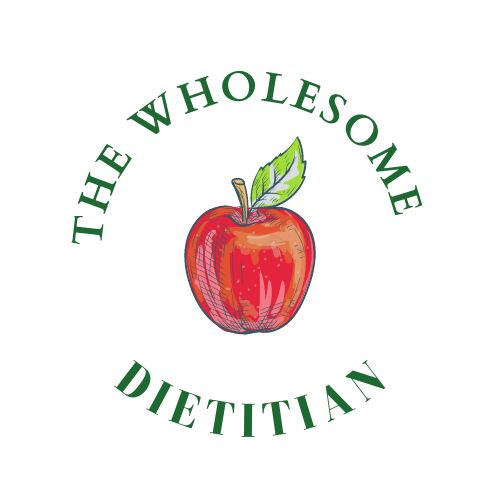Food & Mood: can you really boost your mood through the power of food?
In our fast-paced world, where stress and mental health concerns are on the rise, there is an increased awareness of how we each look after our physical, mental and emotional well-being. The food we eat not only fuels our bodies but also has a profound impact on our mental health and mood. Let's explore how the foods we choose can influence our emotional health and overall well-being.
Understanding the Gut-Brain Connection
Did you know that the gut is often referred to as our "second brain"? This is because the gut and brain are intricately connected through a network of nerves, hormones, and biochemical signaling pathways. What we eat can directly affect our gut microbiota, which in turn influences our mental health. This process is commonly referred to as the ‘gut brain connection’.
Foods rich in fiber, such as fruits, vegetables, and whole grains, promote a diverse and healthy gut microbiome. This diversity is crucial for producing neurotransmitters like serotonin, often called the "happy hormone," which plays a key role in regulating mood.
Nutrients That Support Mental Health
Certain nutrients have been linked to improved mood and cognitive function:
Omega-3 Fatty Acids: Found in fatty fish (like salmon and sardines), walnuts, and flaxseeds, omega-3s are essential for brain health and have been shown to reduce symptoms of depression and anxiety.
Antioxidants: Berries, leafy greens, and dark chocolate are rich in antioxidants like flavonoids and vitamin C, which protect against oxidative stress and inflammation in the brain.
B Vitamins: Foods like whole grains, legumes, nuts, and seeds contain B vitamins (especially folate and B12) that are important for neurotransmitter synthesis and mood regulation.
Probiotics: Found in yogurt, kefir, and fermented foods, probiotics support gut health and may improve mental health via the gut-brain axis.
Fibre:
Impact of Sugar and Processed Foods
On the flip side, diets that contain a high amount of refined sugars and processed foods have been associated with increased risk of depression and anxiety. These foods can lead to blood sugar fluctuations and inflammation, which can lead to feeling tired and irritable.
Practical Tips for Improving Mood Through Diet
Eat a Balanced Diet: Aim for a variety of colorful fruits and vegetables, lean proteins, whole grains, and healthy fats to ensure you're getting a broad spectrum of nutrients.
Include Whole Grain Carbs: Whole grains are the bodies main fuel source and provide a steady supply of energy throughout the day. Whole grains also contain key nutrients such as magnesium, which is important for mood regulation.
Prioritize Omega-3s: Incorporate foods high in omega-3 such as fatty fish, flaxseeds, and walnuts into your diet regularly.
Include Fermented Foods: Yogurt, kefir, sauerkraut, and kimchi contain probiotics to help support a healthy gut microbiome.
Moderate Caffeine and Alcohol: Excessive caffeine and alcohol consumption can disrupt sleep and contribute to anxiety and mood swings.
Stay Hydrated: Dehydration can affect mood and cognitive function, so drink plenty of water throughout the day.
Practice Mindful Eating: Pay attention to your body's hunger and fullness cues, and savor the flavors and textures of your food.
As dietitians, we advocate for an approach to eating that not only nourishes the body but also supports mental health and emotional well-being. By making mindful food choices and emphasizing nutrient-dense foods, you can positively impact your mood and overall quality of life. Remember, small changes in your diet can lead to significant improvements in how you feel mentally and emotionally!
The information in this article is for educational purposes only. For personalised dietary strategies tailored specifically for you, book an appointment via the link on our website!
